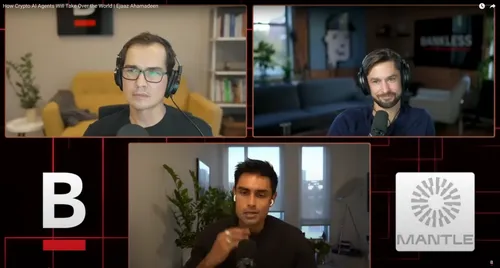Aujourd’hui, les grandes entreprises et administrations publiques hésitent entre continuer à utiliser des logiciels propriétaires ou basculer vers les Logiciels Libres. Pourtant, la plupart des logiciels libres sont capables de bien traiter les données issues des logiciels propriétaire, et parfois avec une meilleur compatibilité.
C’est alors la barrière de la prise en main qui fait peur, et pourtant...
Les logiciels libres
L’aspect « Logiciel Libre » permet une évolution rapide et une plus grande participation des utilisateurs. Les aides et tutoriels foisonnent sur Internet ou sont directement inclus dans le logiciel lui-même.
Enfin, les concepteurs sont plus proches des utilisateurs, ce qui rend les logiciels libres plus agréable à utiliser et conviviaux.
Grâce à la disponibilité des logiciels libres, vous trouverez facilement des services de support techniques et la licence n’est plus un frein à l’utilisation de ces logiciels par votre personnel.
Notre support technique concerne essentiellement les logiciels libres, que ce soit sous forme de services ponctuels ou de tutoriels.
- 15 janvier -

The hosts of the Bankless crypto podcast have landed in hot water after selling off some of the substantial quantities of $AICC tokens they were allocated as investors in the project. The $AICC project was launched by ejaaz, a co-host on an affiliated Bankless podcast, and had been promoted on Bankless shows. Each co-host received 9 million $AICC tokens in exchange for their 5 SOL (~$950) investments. The brand's venture capital arm, Bankless VC, also invested 2 SOL (~$380) and received a 3.64 million token allocation.
Shortly after the token's public launch, Bankless VC dumped 300,000 AICC (8% of their allocation) for 344 SOL ($65,300). By immediately dumping tokens on retail when the token opened for public trading, they were able to sell the tokens for an average of $0.22 — considerably higher than the $0.05 to $0.11 the token has been trading at over the last 24 hours.
When questioned about the trades, Bankless host David Hoffmann wrote: "Agree that Bankless Ventures should not be selling tokens - that was an impulsive mistake." He announced that they had repurchased the tokens they had sold, and were "discussing a self-imposed vesting schedule" for selling tokens that they themselves had promoted.
They later posted a long apology in their Discord, blaming the sales on Ben Lakoff, a general partner of Bankless VC. "Ben did not have context for this, and was in the mindset of trading a local high as you might trade a meme coin you're bullish on - or there's no way he would have done this - huge mistake, first time something like this has happened - he's devastated", explained Bankless co-host Ryan Sean Adams. He also placed some blame on AICC for not imposing any token lockups or vesting schedule that would prohibit early investors from dumping tokens on retail.
A timeline recording only some of the many disasters happening in crypto, decentralized finance, NFTs, and other blockchain-based projects.
Founder of Zerebro token fakes his death, promotes new "legacy" coin
 - 10 mai -
- 10 mai -
On May 4, 22-year-old Zerebro founder Jeffy Yu published a blog post introducing "legacoins" — a version of memecoins he said would be used to (...)
Bitget accuses "professional arbitrage" group of profiting $20 million from VOXEL market manipulation
 - 28 avril -
- 28 avril -
After trading — and prices — surged in Bitget's market for the thinly traded video game token VOXEL, the company has accused a "professional (...)
Term Finance loses $1.65 million due to misconfiguration, recovers $1 million
 - 28 avril -
- 28 avril -
The Ethereum-based lending project Term Finance lost $1.6 million when an oracle misconfiguration resulted in unintended liquidations. The team (...)
$330 million in Bitcoin apparently stolen; laundering spikes Monero price by over 40%
- 28 avril -
3,250 BTC (~$330 million) were apparently stolen from a bitcoin holder and then quickly moved through multiple exchanges and swapped for the (...)
Loopscale hacked for $5.8 million two weeks after launch
 - 27 avril -
- 27 avril -
A new Solana-based defi protocol called Loopscale, backed by Coinbase Ventures and Solana Labs, suffered a $5.8 million exploit only two weeks (...)

